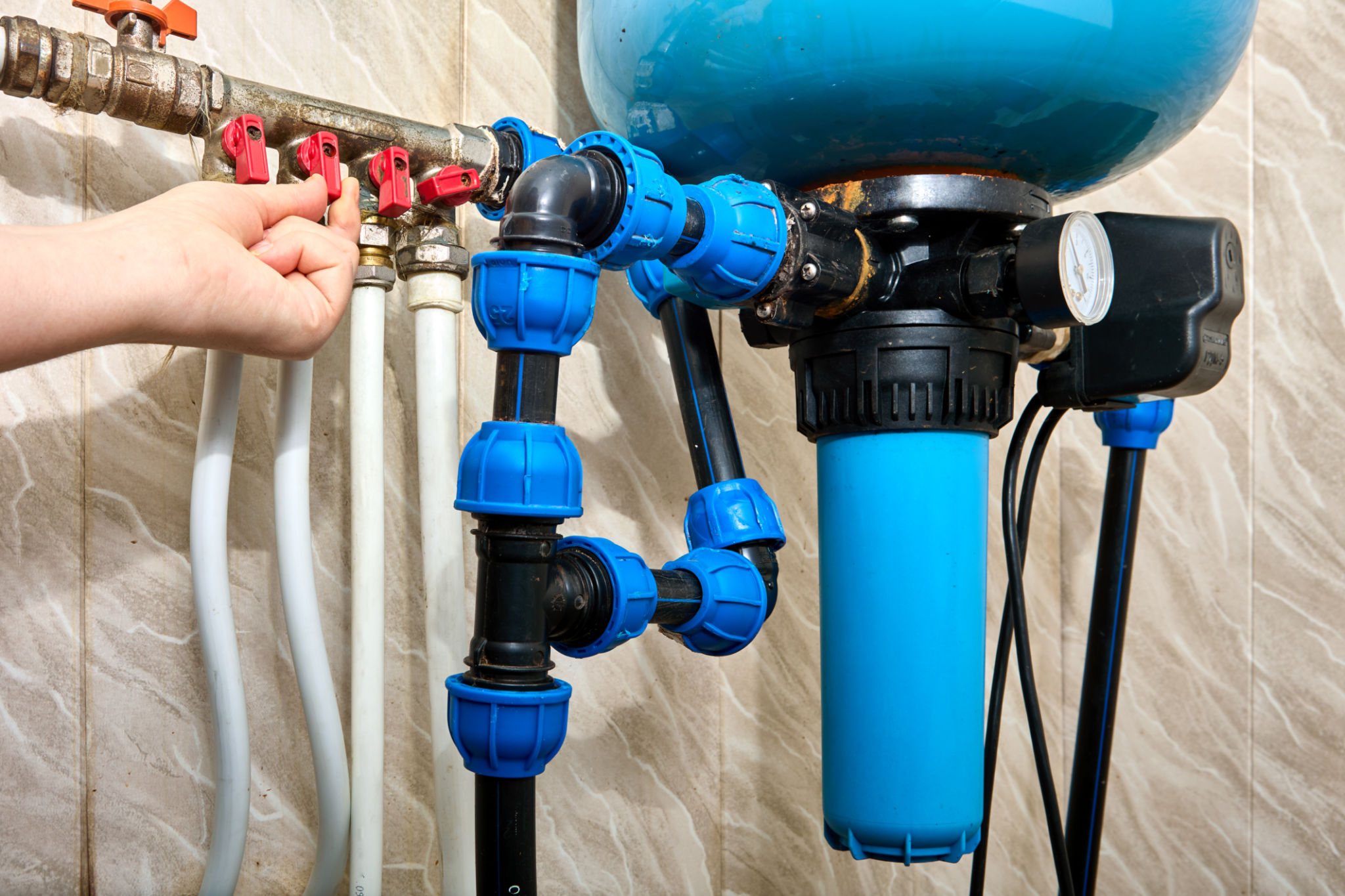Common Misconceptions About Backflow Testing Debunked
Understanding Backflow Testing
Backflow testing is a crucial aspect of maintaining safe drinking water systems. Despite its importance, numerous misconceptions surround this process, leading to confusion and neglect. In this blog post, we aim to debunk some of the most common myths about backflow testing and highlight why it is essential for both residential and commercial properties.

Misconception 1: Backflow Testing is Unnecessary
One of the most prevalent misconceptions is that backflow testing is unnecessary. Some believe that their water systems are immune to contamination and thus do not require regular checks. However, backflow can occur in any system due to changes in pressure, which can cause contaminants to enter the clean water supply. Regular testing ensures that backflow prevention devices are functioning correctly and safeguarding water quality.
Misconception 2: It's Only Required for Commercial Properties
Another common myth is that only commercial properties need backflow testing. While it's true that businesses are often more rigorously regulated due to their impact on public health, residential properties are not exempt. Homeowners should conduct periodic backflow testing to ensure their water supply remains uncontaminated.

Misconception 3: Backflow Devices Don't Need Maintenance
Many people assume that once a backflow prevention device is installed, it requires no further attention. On the contrary, these devices need regular maintenance and testing to function effectively. Over time, wear and tear can compromise their performance, necessitating inspections to catch potential failures early.
Misconception 4: It's a Complicated Process
There's a belief that backflow testing is a complicated and time-consuming process. In reality, when performed by a qualified professional, backflow testing is straightforward and typically completed within an hour. Professionals use specialized equipment to assess the device and provide results promptly.

The Real Benefits of Backflow Testing
Aside from debunking these misconceptions, it's important to understand the real benefits of backflow testing. Regular testing protects public health by preventing contamination of drinking water. It also helps avoid costly repairs or replacements by identifying issues before they escalate.
Ensuring Compliance with Local Regulations
Many regions have regulations requiring regular backflow testing and maintenance. Failing to comply can result in fines or other penalties. By staying compliant, property owners contribute to community safety and avoid legal issues.
In conclusion, backflow testing is a vital practice for maintaining safe and clean water systems. By dispelling these common myths, we hope to encourage more property owners to prioritize this essential service. Regular testing not only protects individual properties but also the broader community's health and well-being.
